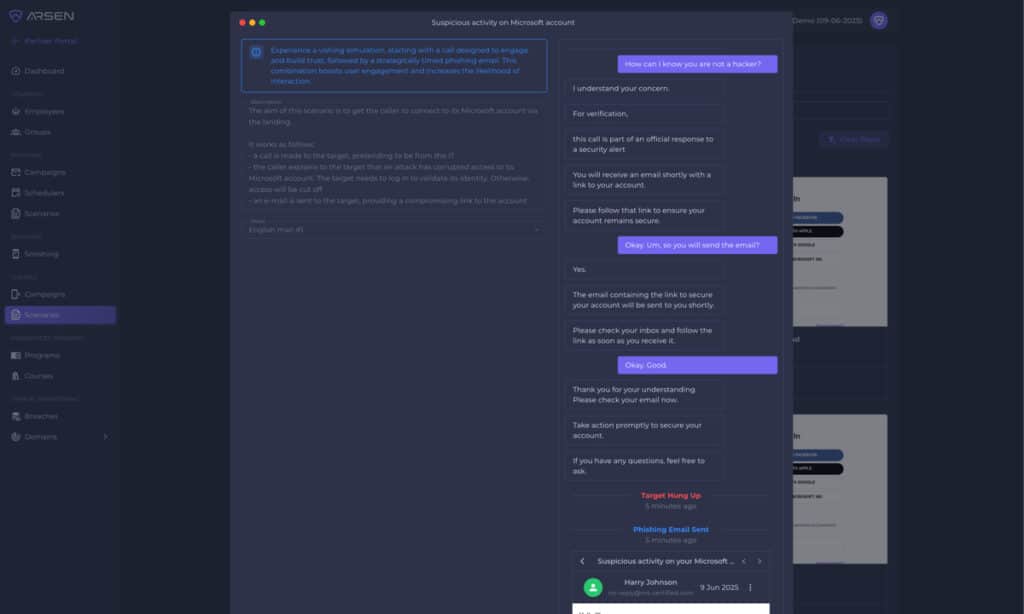A popular plug-in for sharing blog content on social networks was discovered to have hidden code that was injecting WordPress blogs with links to phony Pay Day Loan offers and other spam, according to the firm Sucuri. The plug-in, named Social-Media-Widget (SMW) was compromised with malicious code 12 days ago, in concert with an update of the widget. The new version of the plug-in contained a hidden call to a remote PHP script that inserted “Pay Day Loan” spam text and links into WordPress web sites running the plugin. The goal was to infect as many web sites as possible with text that would increase the web reputation and visibility of a web site run by the spammers, according to the post on Tuesday, by Daniel Cid, Sucuri’s CTO. SMW is among the most popular add-ons for Wordpess sites. It allows bloggers who use WordPress to configure sharing buttons that will […]
Tag: spam
Home Invasion: Home Routers May Be The Next Big Hack
Most of us have broadband at home. It’s always there. It works and, for the most part, we don’t think about it until it goes down. Our amnesia extends to the humble home gateway or broadband router that is our connection to the global Internet. That piece of CPE (or customer-premises equipment) probably sits on our desk, or down in our basement gathering dust. Strong password? Meh. Firmware update? Hey, ‘if it ain’t broke…don’t fix it!” But all those small, insecure devices could add up to a major security crisis for users and their Internet Service Provider (ISP), according to researchers at the firm IOActive. Writing on the IOActive blog, researchers Ehab Hussein (@_obzy_) and Sofiane Taimat (@_sud0) say that millions of vulnerable home routers and gateways are vulnerable to trivial attacks. Those devices could be harnessed by cyber criminal groups, state-backed actors or hacktivists for malware distribution, spam or […]
Spammers Using Yahoo, Google To Whitewash Links
If the gigantic distributed denial of service (DDoS) attacks against the spam blacklisting operation Spamhaus wasn’t proof enough: spammers have trouble steering around blacklists and other reputation-based filters. Even if the language in their message is generic enough to avoid detection, dropping a link to a known, malicious- or compromised domain is plenty to get an entire message dropped. Spammers without a legion of 100,000 bots at their fingertips have to get creative about getting their message into the target’s inbox. Lately, a method that’s drawing attention is to leverage low-security redirection services to whitewash a link to a ‘known-malicious’ or merely suspicious sites. Barracuda Networks said that it has captured spam attacks that are combining a Yahoo based URL shortening service with Google’s free Translate service to whitewash links in spam e-mail messages and evade automated detection. The message, which was sent to a Barracuda “honeypot” system includes a […]
Twenty ISPs Responsible For Half Of All Spam
One of the lessons we’ve learned in recent years is that online attacks can come from anywhere. Viruses and spyware were more common to pornography and pirate download web sites five years ago. Today, even the most reputable web sites might be the source of online mayhem. In fact, so-called “watering hole” attacks that exploit legitimate web sites and use them as honey pots to lure the intended victims are all the rage among sophisticated attackers. (For evidence of this, see our recent story on the compromise at the web site of The National Journal, a publication for Beltway policy wonks.) But the Internet still has its dark alleys and bad neighborhoods. And they’re still the source of a lot of malicious activity – especially in connection to run of the mill crimes like spam and phishing attacks. That’s the conclusion of research done by students at the University of Twente’s […]
Malware’s Future Looks A Lot Like Its Present
SAN FRANCISCO – What does the future of malicious software look like? Depressingly like the present, according to a panel of leading experts. Phishing attacks, spam and even self-propagating worms will continue to plague technology users in the years ahead, just as they have for much of the last two decades, according to experts at the RSA Security Conference in San Francisco on Wednesday. However, the malware will operate across a far more crowded landscape of mobile devices, virtual machines, cloud-based computing resources and Internet connected “stuff” – complicating the job of securing sensitive information. The panel, “50 Minutes into the Future: Tomorrow’s Malware Threats” asked the experts to look into the crystal ball and predict what malicious software would look like in the near- and distant future. The answer was: much like it looks today. Dave Marcus, the director of security research and communications at McAfee Labs, said that the […]






